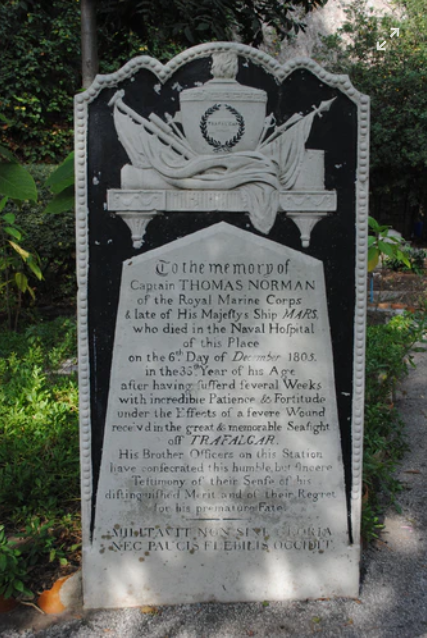Choosing the headstone epitaph is one of the things you have to prepare for when your loved one dies. However, it can be quite a daunting task, especially when the loss is palpable and quite recent, so you’re still at the peak of mourning. So how do you encapsulate the unique qualities of a person or convey your sentiments in just a few words?
Thankfully, you can be kind to yourself and take your time. You don’t necessarily have to produce a ready headstone quote during the burial services. You can wait a while before you finalize your decision because this epitaph is something that will last for the long haul.
Typically, the funeral director will place a temporary grave marker in the cemetery. Once you get the finished headstone, you can have it installed to complete your loved one’s final resting place. Here are some tips to help you curate a beautiful headstone epitaph.
What is an Epitaph?
An epitaph is a series of words you chose to honor the memory of the person who died. It is an engraving on the tombstone or headstone. To illustrate, take a look at this simple epitaph:
“You are my north, my south, my east, my west, my working week, and my Sunday best!”
The term epitaph finds its roots in the Greek words “epitaphios.” The syllable “epi” means upon, while “taphos” stands for a tomb. Hence, an epitaph is something upon a tomb, which is indeed a very fitting description. This practice also aligns with the Greek custom of delivering oratorical remarks at a funeral.
Why Does It Matter?
The epitaph you choose is a way you show your love for the one laid to rest. It encapsulates what you think about the person. The words engraved can also reflect the deceased’s unique personality. Finding the right words is an act of love because it is only something a close beloved can do.
Though the task is difficult, it is also a wonderful opportunity to express your feelings. In addition, you can take inspiration from literature and discover amazing words that tackle the depths of human emotions. Typically, epitaph examples reflect the poignancy of death and encapsulate the joy of life that once was.
In fact, epitaphs are said to be as old as the fine art of writing. You will see that even the ancient structures and memorials around the globe, like the Egyptian pyramids, have these precious inscriptions. For example, you will find this epitaph in the tomb of Sophocles, a Geek philosopher-writer:
“Wind, gentle evergreen, to form a shade
Around the tomb where Sophocles is laid.
Sweet ivy winds thy boughs and intertwine
With blushing roses and the clustering vine.
Then shall thy lasting leaves, with beauties hung,
Prove grateful emblems of the lays he sung.”
Today, curating an epitaph has become a tradition, especially for burials in cemeteries or cremation niches in columbariums. Selecting the right words for the deceased has become a way of immortalizing memories and showing that the soul transcends death.
What to Write in an Epitaph?
From poetry to song lyrics, there are many sources of inspiration to help you pick the headstone words. That being said, when you plan the epitaph, you must define your purpose. Therefore, it would help to consider these factors:
Show your feelings
The words must convey to the world how you feel about the deceased. Focus on words of love instead of grief. Though it can be difficult at first, remember that only you can do this task justice because of your unique bond with the deceased.
Tell about deceased
An epitaph may also reveal information about the deceased’s character, personality, likes, or even achievements. For example, you can choose something simple like, “For the memory of our generous grandma!”
Shares a timeless message
You can also choose a quote that conveys a timeless message. It will make the readers stop and think for a while. It can tackle themes of hope, beauty, God, mortality, etc. Try choosing lines of a poem that speaks about the topic you fancy.
Convey the wishes of the dead
For others, their departed loved ones leave them with wishes that make this task less complex. To illustrate, a friend shared that her mother wanted the words “hope springs eternal” to be engraved on the headstone. When you abide by the deceased’s wishes, seeing the words cast in stone will make you remember the voice and request made.
Provide comfort
Above all else, an epitaph brings calming comfort words that support whoever visits the gravestone. Then, you can choose healing messages that make people smile. That is always a noble goal because death is hard enough already.
The Final Word
Notably, the size of the headstone will determine how many words you can write. Flat stones can only accommodate words on one side. However, some cemeteries allow for engraving on both sides of a standing headstone. No matter what gravestone space you have to work with, you must remember to take your time.
Ultimately, the words you choose for the epitaph will withstand the test of time as generations will come to pay respects. Thus, it is vital to intentionally work with powerful words that resonate with the heart and honor the deceased.


